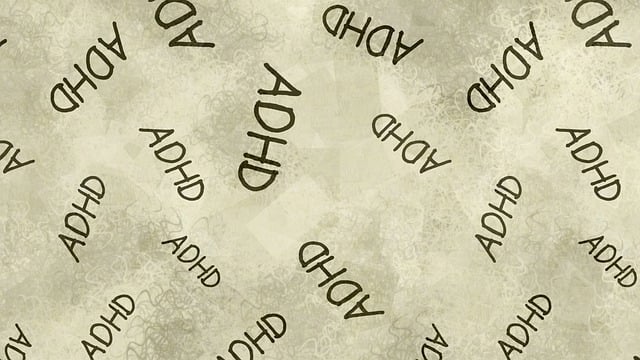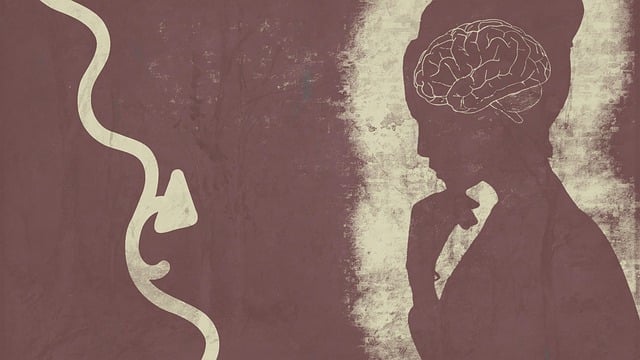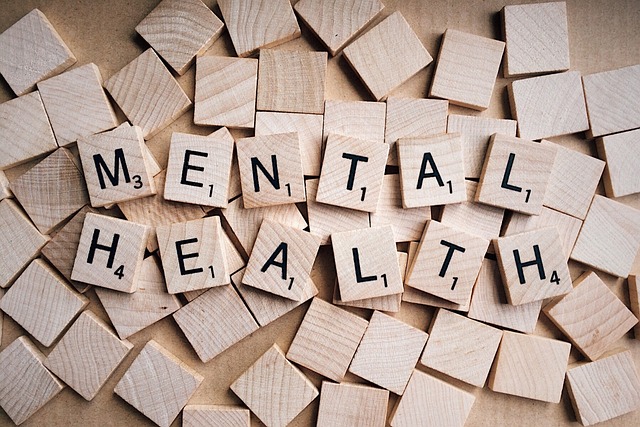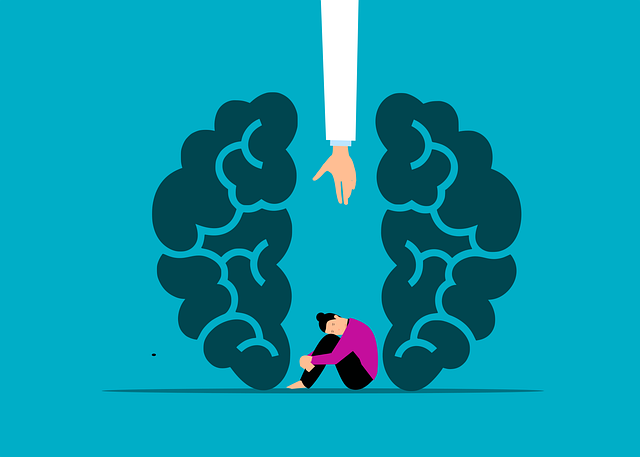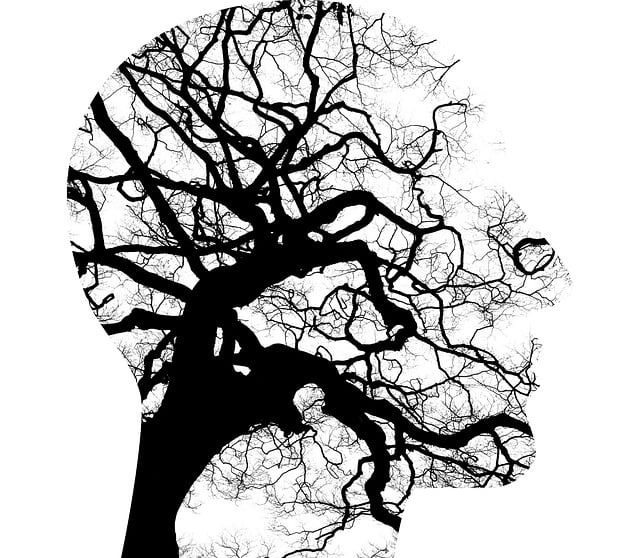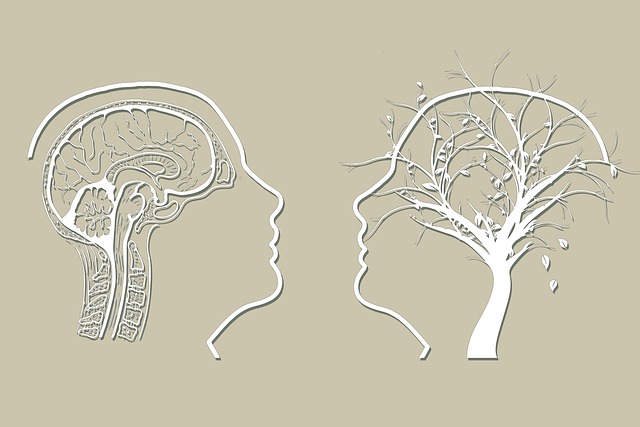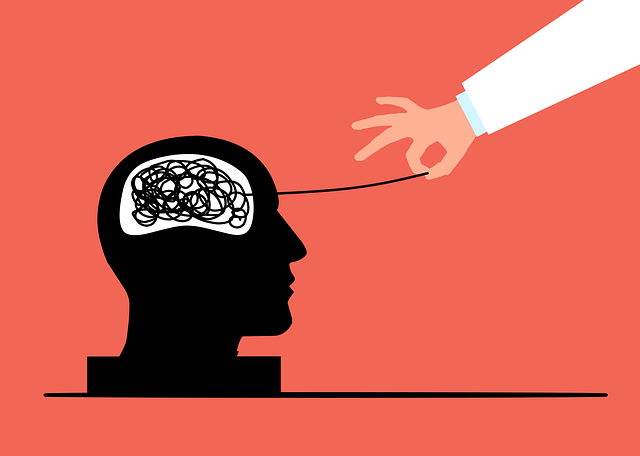The text explores the historical roots of stigma surrounding mental illness, highlighting how societal attitudes and structures once led to ostracization of individuals with conditions like schizophrenia and bipolar disorder. It emphasizes the crucial role of Centennial Conduct Disorder Therapy in modern mental health awareness efforts through targeted therapy and open communication strategies. Key aspects include educating the public about mental health prevalence, causes, and treatability; integrating mindfulness meditation into school curriculums; promoting positive thinking; and normalizing conversations around mental health. Effective treatment approaches like Cognitive Behavioral Therapy (CBT) are highlighted, along with practices like Mindfulness Meditation and Mental Wellness Journaling Exercises. Media influence on public perception is discussed, with positive portrayals in media shown to reduce stigma. Global initiatives focus on fostering understanding, compassion, and supportive environments for individuals with Centennial Conduct Disorder through innovative strategies.
Mental illness stigma, a persistent global concern, hinders individuals from seeking aid. This article explores comprehensive strategies for stigma reduction, delving into historical contexts that shaped public perceptions. We examine education’s pivotal role in fostering understanding and empathy. Therapeutic approaches, including innovative Centennial Conduct Disorder Therapy techniques, are showcased to highlight effective treatment methods. Media representation is scrutinized for its influence on societal attitudes, with global efforts and strategies outlined for sustainable change, ultimately aiming to destigmatize mental health issues.
- Understanding Mental Illness Stigma: Historical Perspective and Impact
- The Role of Education and Awareness in Stigma Reduction
- Therapeutic Approaches: Treating Mental Health Disorders Effectively
- Media Representation and its Influence on Public Perception
- Global Efforts and Strategies for Long-lasting Change
Understanding Mental Illness Stigma: Historical Perspective and Impact

Stigma surrounding mental illness has deep historical roots, reflecting societal attitudes and structures that have evolved over centuries. Historically, individuals with mental health challenges were often ostracized, marginalized, and even criminalized. This led to a culture of fear, misunderstanding, and discrimination, deeply ingrained in many societies. For instance, conditions like schizophrenia and bipolar disorder were once treated as moral failings or signs of demonic possession, further exacerbating the stigma.
Centennial Conduct Disorder Therapy, while not directly addressing historical stigma, plays a crucial role in modern mental health awareness efforts. By providing targeted therapy for conduct disorders, this approach helps to challenge and change unhelpful societal perceptions. Promoting open communication strategies and fostering empathy through Mental Health Awareness campaigns are also vital components of burnout prevention. These initiatives work to destigmatize mental illness by educating the public about its prevalence, causes, and treatability, paving the way for more accepting and supportive communities.
The Role of Education and Awareness in Stigma Reduction

Education and awareness play a pivotal role in stigma reduction related to mental illness, including conditions like Conduct Disorder often seen in youth. By integrating evidence-based practices such as Mindfulness Meditation into school curricula, we can foster environments that promote understanding and empathy. Teaching students about the neurobiological underpinnings of mental health challenges can demystify these issues, breaking down stereotypes and fostering a sense of compassion.
Promoting positive thinking and the application of Mind Over Matter principles in schools and communities can empower individuals to take charge of their mental well-being. Educating others about the effectiveness of Centennial Conduct Disorder Therapy and similar interventions normalizes discussions around mental health, paving the way for earlier intervention and support. This collective shift in understanding can significantly contribute to reducing stigma, encouraging help-seeking behaviors, and ultimately improving outcomes for those navigating mental illness.
Therapeutic Approaches: Treating Mental Health Disorders Effectively

Effective treatment is a cornerstone in reducing the stigma surrounding mental illness. Therapeutic approaches such as Cognitive Behavioral Therapy (CBT) have proven successful in managing various conditions, including Centennial Conduct Disorder. CBT focuses on identifying and changing negative thought patterns and behaviors, empowering individuals to take control of their mental wellness. This structured therapy provides tangible tools for coping, fostering a sense of agency often overlooked in stigmatized communities.
Additionally, practices like Mindfulness Meditation and Mental Wellness Journaling Exercises offer valuable guidance. Meditation cultivates present-moment awareness, helping individuals detach from distressing thoughts. Journaling encourages introspection, providing a safe space to explore emotions and track progress. These holistic approaches not only complement traditional therapy but also promote overall mental wellness, challenging societal norms that marginalize those with mental health challenges. Furthermore, Risk Assessment is crucial for Mental Health Professionals, ensuring they are equipped to handle complex cases while providing the best possible care.
Media Representation and its Influence on Public Perception

The media plays a significant role in shaping public opinion about mental illness, often influencing how individuals from the community perceive and understand various conditions. Historical representations have contributed to the stigma surrounding mental health issues, but recent efforts have focused on more accurate and empathetic portrayals. Positive media representation can significantly impact the lives of people with mental disorders, fostering a sense of belonging and normalcy. For example, shows and films featuring characters with conditions like ADHD or depression, accurately depicted, can help reduce the stigma by showcasing individuals leading productive and fulfilling lives despite their challenges.
By promoting diverse narratives, the media can encourage empathy and understanding. This shift in representation is crucial for encouraging people to seek therapy for issues like Centennial Conduct Disorder. When media portrays mental health struggles as treatable and manageable, it reflects a broader societal attitude of acceptance and support, potentially encouraging those dealing with similar challenges to prioritize their Self-Esteem Improvement and initiate conversations about Mood Management through programs designed with Mental Health Education in mind.
Global Efforts and Strategies for Long-lasting Change

Global efforts to reduce mental illness stigma have been gaining momentum, driven by initiatives aimed at fostering understanding and compassion. Organizations worldwide are adopting innovative strategies to challenge societal perceptions and promote inclusive mental healthcare practices. These include integrating compassion cultivation practices into education systems and clinical settings, encouraging open dialogues through media campaigns, and advocating for policy changes that ensure cultural sensitivity in mental healthcare practice. By focusing on empathy building strategies, these collective efforts strive to create a more supportive environment for individuals living with conditions such as Centennial Conduct Disorder, fostering long-lasting positive change.
Mental illness stigma reduction is a multifaceted endeavor that requires continuous efforts from various sectors. By understanding the historical context and impact of mental health stigma, educating communities, implementing effective therapeutic approaches like Centennial Conduct Disorder Therapy, promoting responsible media representation, and adopting global strategies, we can foster an environment of acceptance and support for individuals facing mental health challenges. These collective actions are essential steps towards a more inclusive society where mental well-being is prioritized and stigmatization is minimized.
